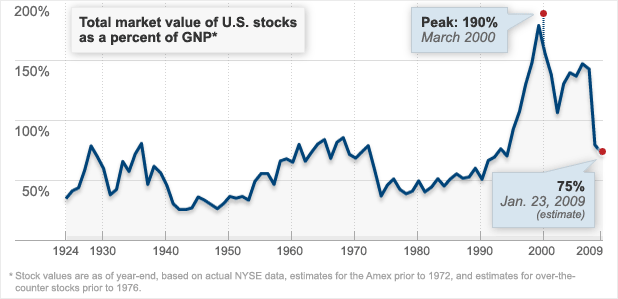Higgs,JLak wrote:Many of us early millenials have nearly given up hope on this question. It's been clear to me that most of our economy is obsolete, finance and media in particular, since I learned to program a computer in grade school. The early part of the 90s was middle school for me and we ('hackers?') really believed that our revolution was upon us. Check out he Hacker's Manifesto to get a feel for the zeitgeist, 'cheesy' as it is. More importantly, however, that angst was directed in real terms against those ivory-tower structures in education, media and finance that our parents wanted us to submit to and have faith in the way they did their entire lives. I think we collectively gave in some time in 1999 when we realized that the technology revolution was only making the three aforementioned superpowers more powerful, and more protectionist. Our parents kicked us out of the house unless we went to school and incurred debt, so we had to get jobs. Now look at me: government job, boomer boss, 401k, starting another MS degree and paying Stanford tuition for it ... again! There's no substance to it, just playing a game to get ahead. In the end, I just make a lot of people rich from the bottom of this ponzi scheme and there's not a single one of the massively complex institutions that I submit to that could not be replaced in superior form by a simple computer program; school, bank, media, and government.Higgenbotham wrote: I'd lke to hear what the Millies have to say about this one too if they are out there because I feel they might have some fascinating insights. We don't hear from enough Millies on these kinds of subjects.
You don't hear from many of us because we are still too scarce. The oldest of us are only in our mid twenties - able to think for ourselves a full 5 years max. Many who do have an understanding of how screwed they are have receded into Gen-X tendencies of their slightly older friends or siblings (to get while the gettin is still good). The rest are still doing what their boomer parents and teachers have told them to - play nice. Go to college. Pay your taxes. Get a mortgage.
But as the years wear on and more of us make our exits from the government training camps we call colleges, we'll start to figure out that much of what we've been taught no longer has any practical application to the real world. This will be easily highlighted by the inability to find work. I suspect in the ensuing fear, many will be susceptible to being sent off to fight some crazy war. Others will increasingly be relied upon to craft a new social order completely removed from what older generations can even comprehend. I imagine some advanced form of electronic barter/competing currency standard will take root.
But this will take time. It can't happen yet. We're too small a voice, and will easily be drowned out by the cries of our boomer parents who don't understand it and by GenXers who can't see how it could immediately benefit themselves.
